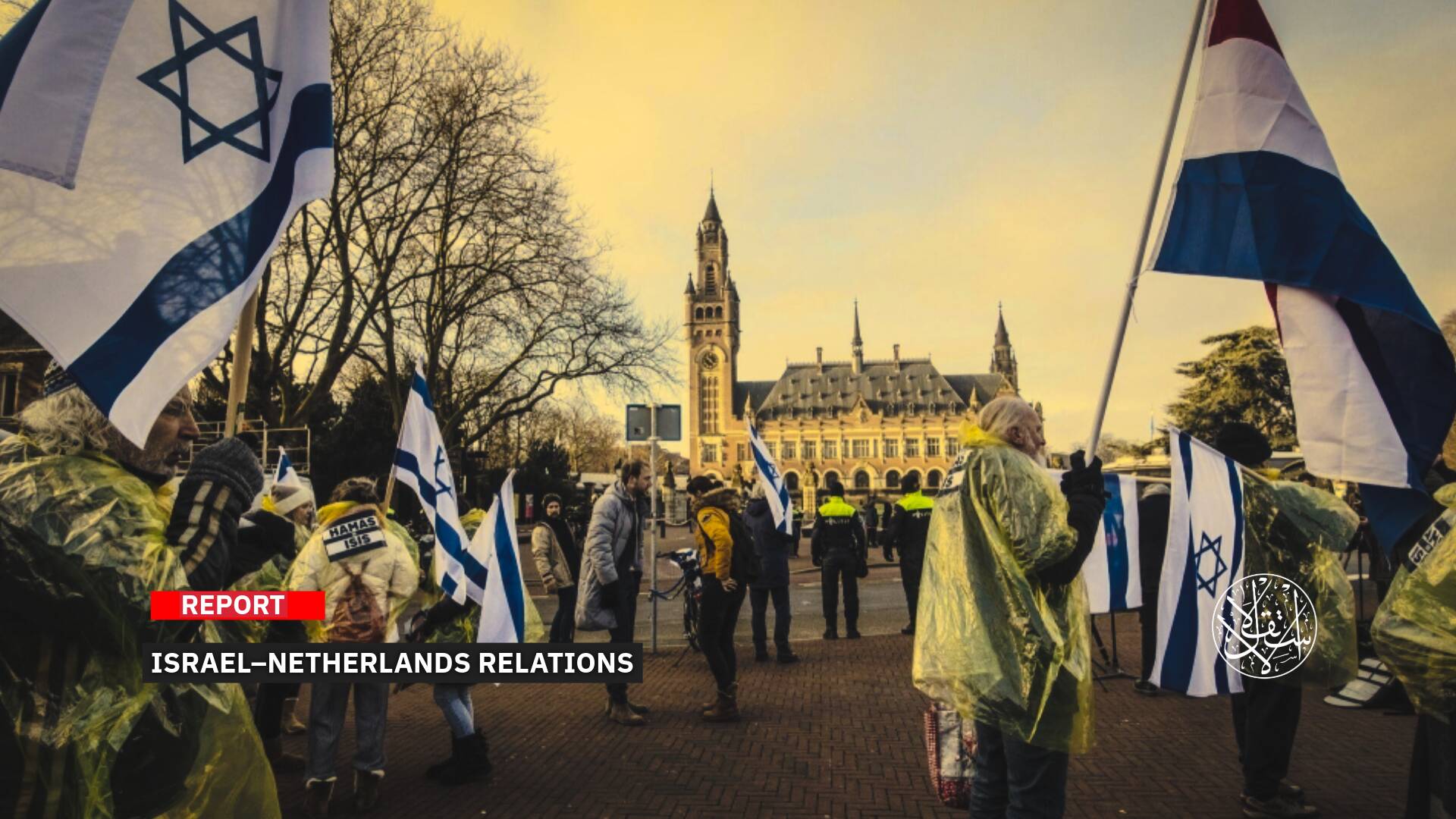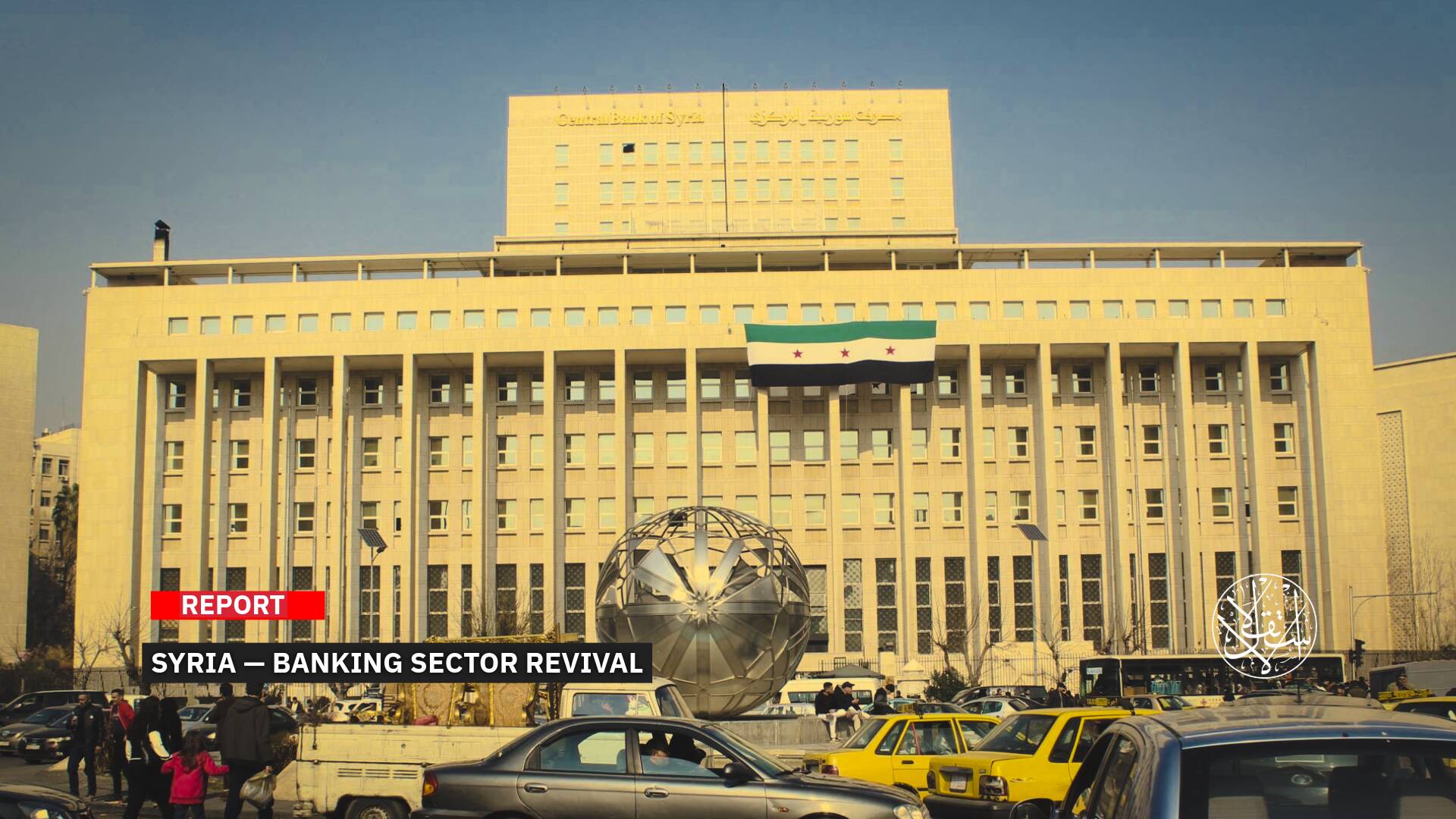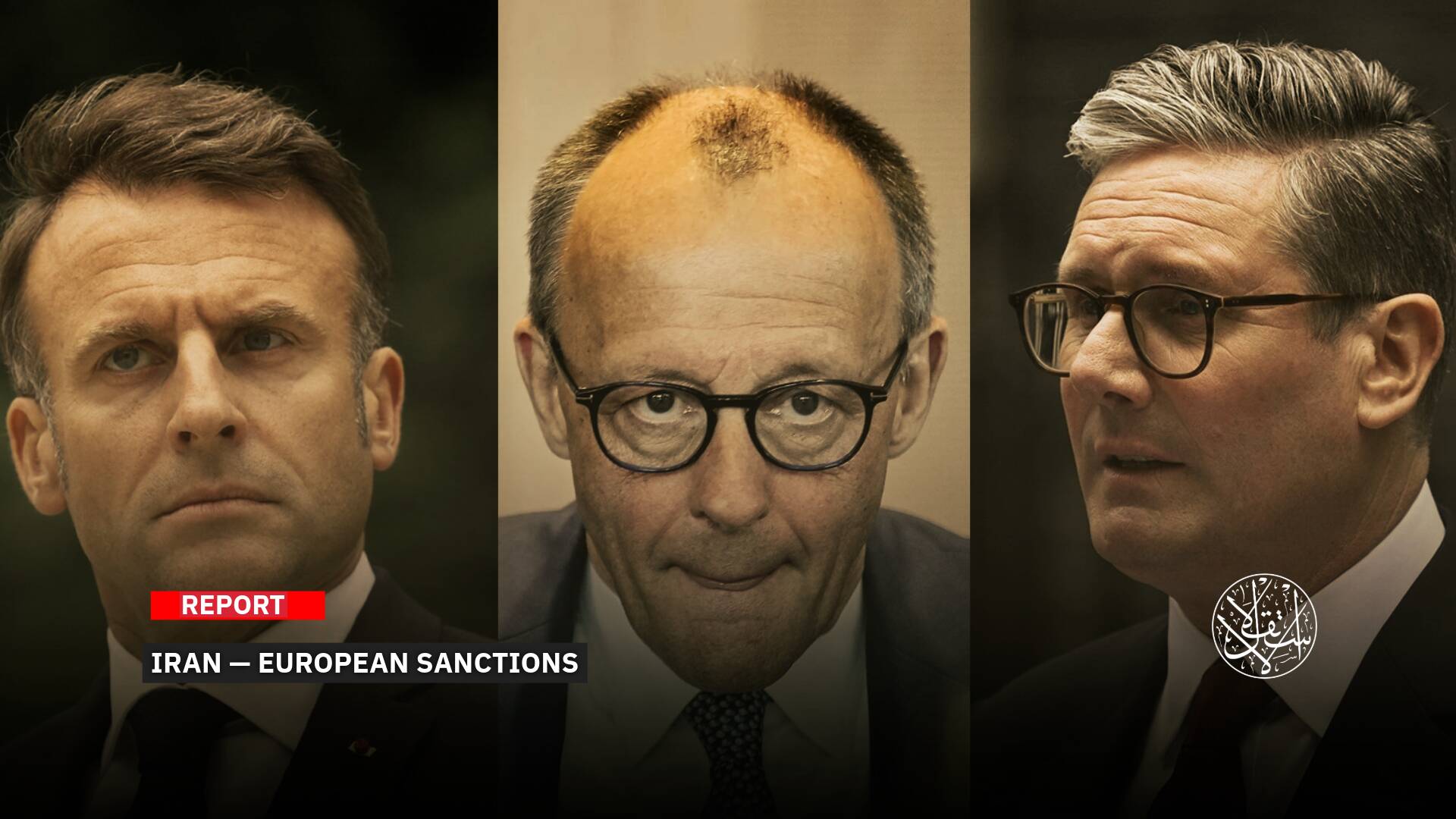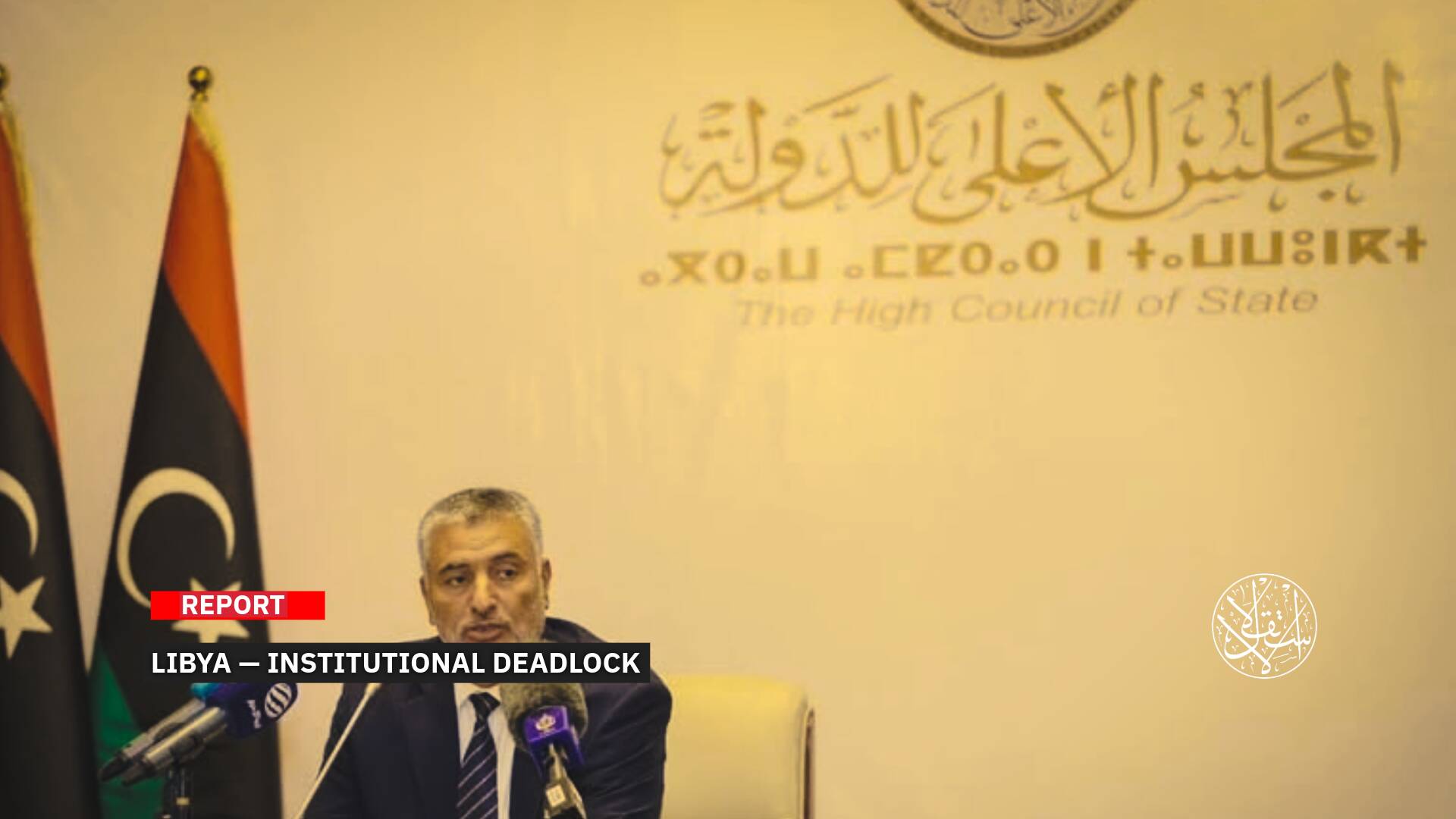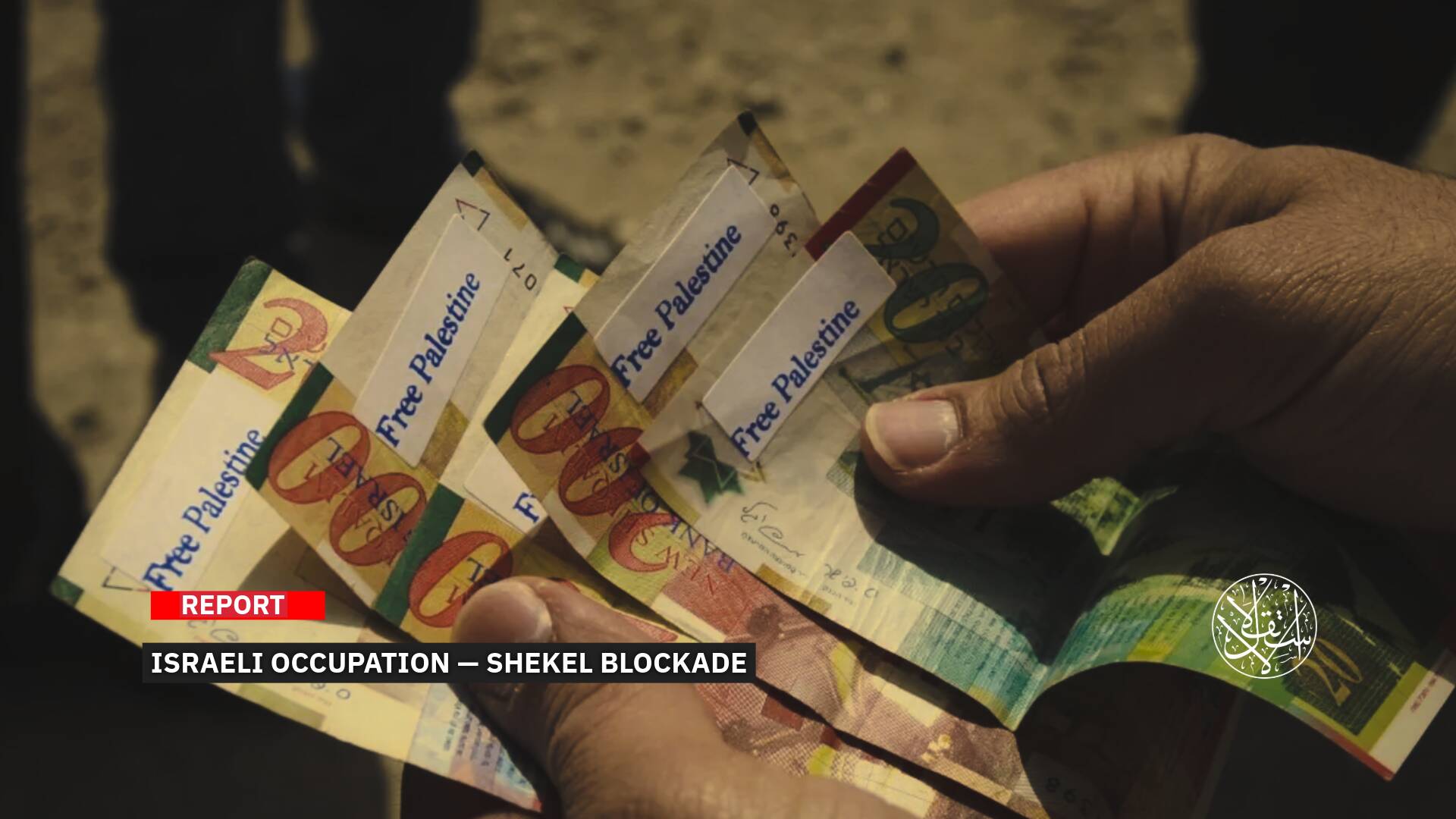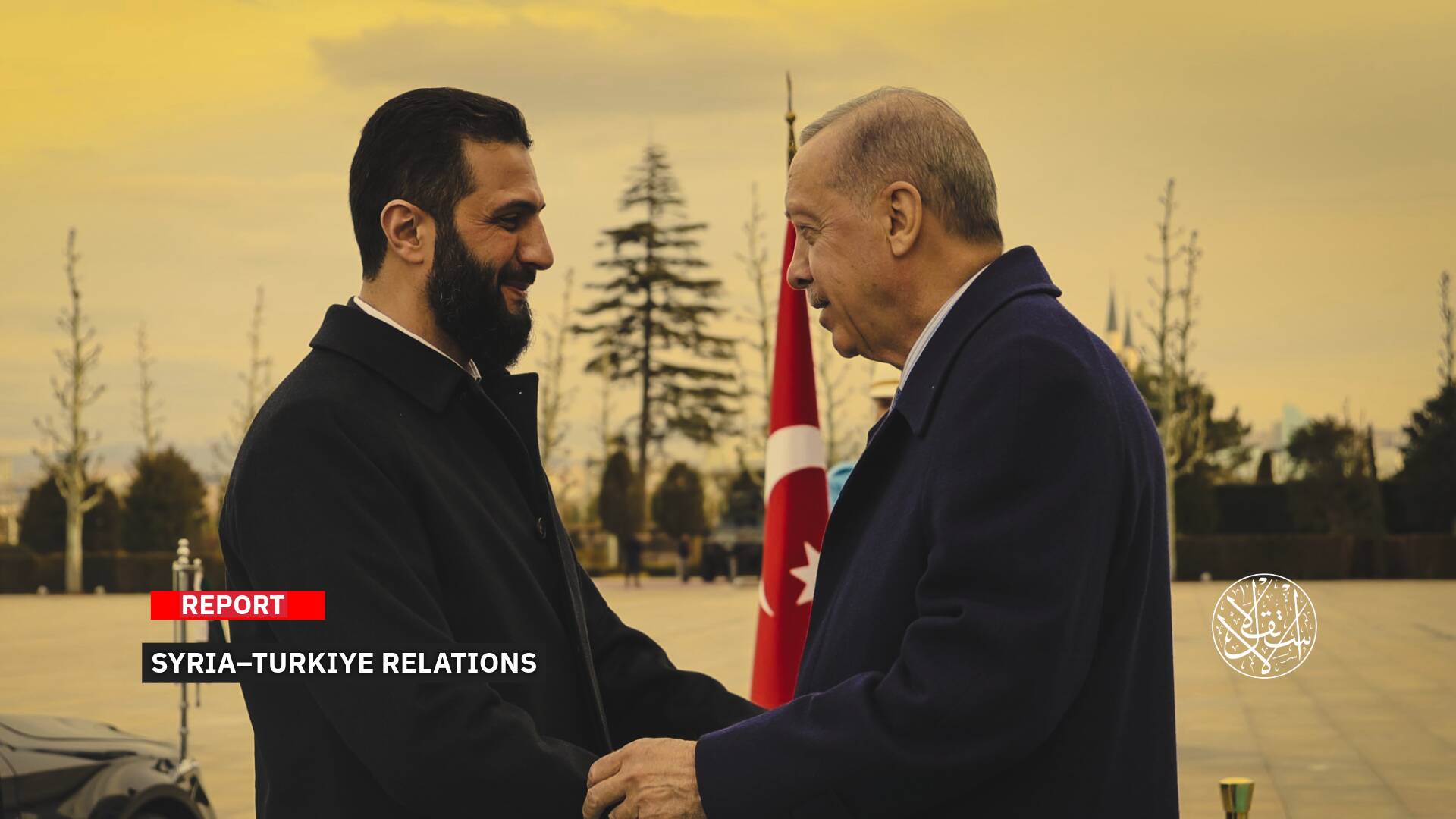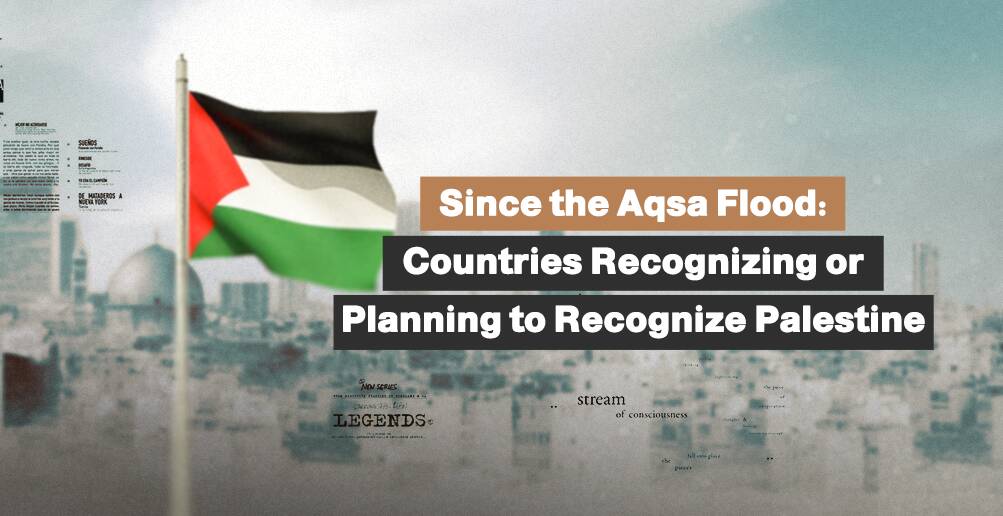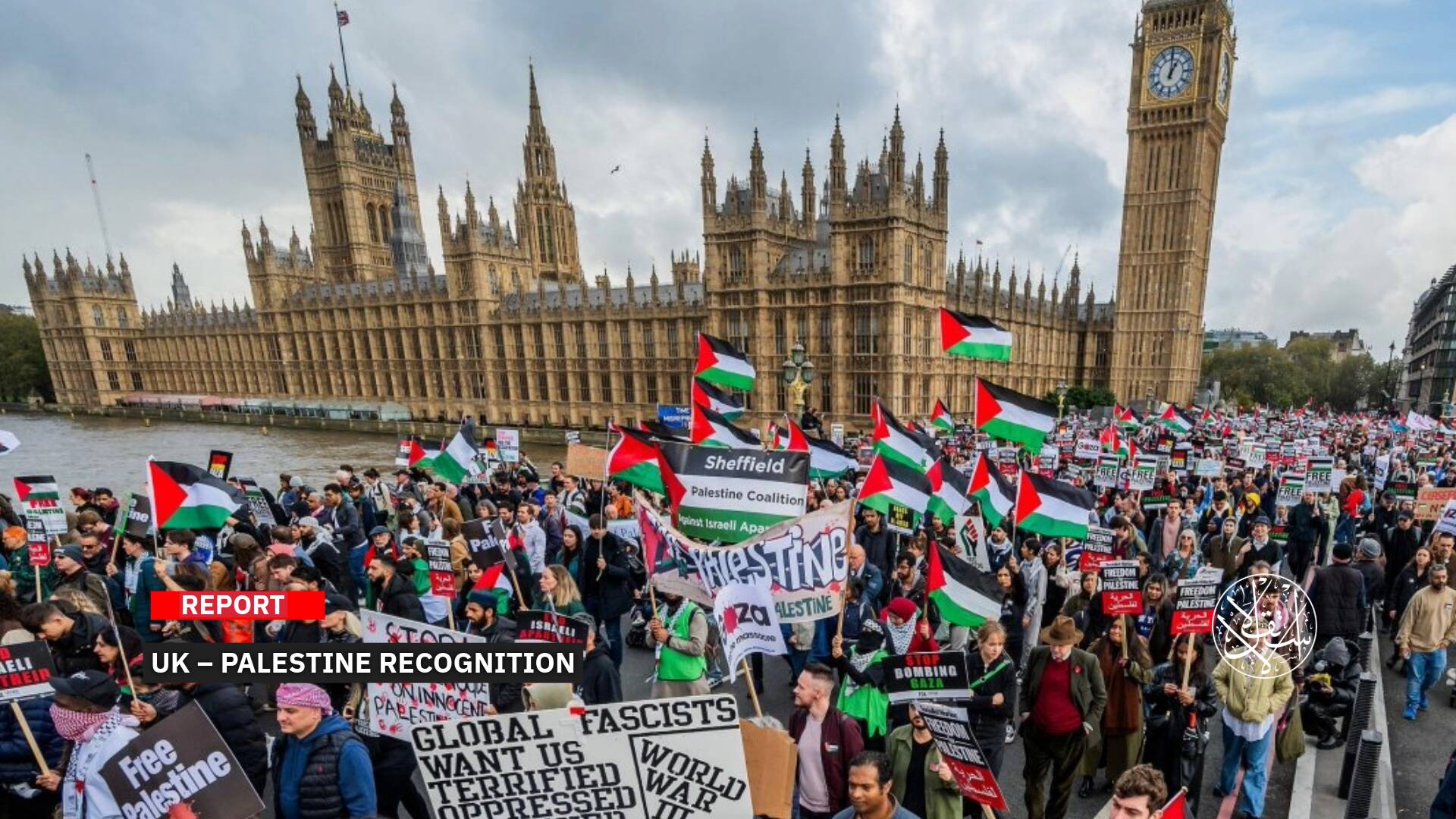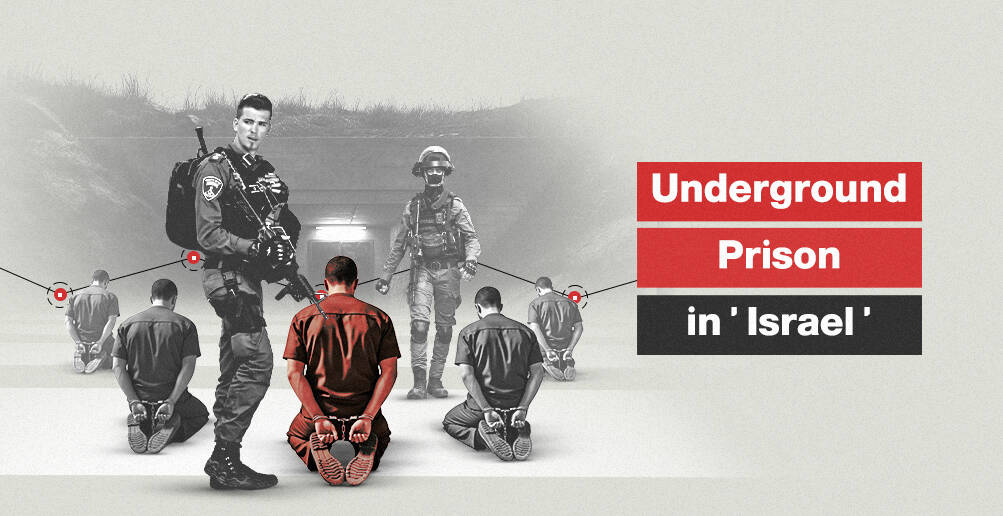This Is How Russia Is Creating a Military Formation From Syria’s Christians to Push Them Into the Ukraine War

Since Russia intervened in Syria in 2015 to save the head of the regime, Bashar al-Assad, after a popular revolution that almost toppled him, Moscow focused on winning over the Christian component to its militias, and supported it militarily and logistically, so that it would later become its direct subordinate.
As soon as Russian President Vladimir Putin announced on the sixteenth day of his country's invasion of Ukraine, the door was opened for volunteers to fight alongside the Russian forces, until these Christian militias came out, declaring their readiness to participate in the battle.
Christian Reservoir
The commander of the National Defense militia in the town of al-Suqaylabiyah in the western Hama countryside, Nabel al-Abdullah, and his counterpart in the town of Maharda in the same countryside, Simon al-Wakeel, went out on March 7, 2022, with a group of elements, declaring their full readiness to fight in Ukraine.
The two towns of al-Suqaylabiyah and Maharda, which are predominantly Christian, were formed in which militias fought alongside Assad’s forces, before these militias moved to the Russian side and became militarily supported by the Hmeimim Air Base in the city of Latakia, which is affiliated with the Russian Aerospace Forces.
Following the Russian military intervention, by air, land and sea on September 30, 2015, with the aim of reaching the warm waters in the Mediterranean, the officers of the Hmeimim base began to win the loyalty of al-Suqaylabiyah and Maharda militias until they became officially affiliated with them.
The National Defense militia was formed in November 2012, by Iranian order, and was founded by Brigadier General of the Quds Force of the Iranian Revolutionary Guards, Hossein Hamedani, who was killed on October 9, 2015, in Aleppo Governorate.
They are forces auxiliary to the Syrian regime forces, and they include undisciplined civilian and military elements to support the regime's army during its military operations.
Later, the loyalty of that militia was divided between Iran and Russia, where Tehran adopted many of its members and supported them logistically and militarily, and they became directly affiliated with it.

Militia leader al-Abdullah came out with a video recording on March 13, 2022, in which he confirmed that his elements are ready to fight in Ukraine, but they are waiting for what he called Russian directives.
“We are in Syria and we are still waiting for instructions from Russia. We are ready for war in Ukraine and we have experience in street fighting. We are ready to abolish unipolarity and to register our names in the new history,” he added.
This coincided with the Syrian regime displaying a segment of its regular forces, explicitly declaring that Putin's invitation was accepted, and it was ready to send mercenaries to fight with the Russian army, which began the invasion of Ukraine on February 24, 2022.
The Guardian published a report on March 18, 2022, under the title “Syrians join Russian ranks in Ukraine as Putin calls in Assad’s debt,” and it considered that “the Syrian regime had launched a process of recruiting new mercenaries.”
“These are the vanguard of what could be considered the largest government-sponsored recruitment of mercenaries in the world, and within days, Syrian soldiers could be deployed on the lines of engagement in Ukraine, to reinforce the disrupted Russian fronts,” the newspaper indicated.

Russian Vision
Signs of Russian President Vladimir Putin's interest in Christians in Syria were of clear political considerations.
Putin asked the Patriarch of Moscow and all Russia, Kirill, not to forget the Russian soldiers who sacrificed Syria, during a prayer mass held a day after the Russian Defense Ministry announced on July 10, 2016, the killing of two Russian pilots by shooting down a Mi-25 helicopter near Palmyra in the eastern Homs countryside.
Kirill had previously said that forcing Christianity to leave Syria will lead to a civilized disaster, during a meeting that Putin held on July 25, 2013, in Moscow with the heads of the local Orthodox churches.
Following the Russian military intervention, Kirill considered that it came with the aim of protecting the Syrian people from the ills brought by the terrorists, claiming that the Orthodox people have monitored many incidents of violence against Christians in the region.
The Russian Orthodox Church also described the Russian military intervention in Syria at the time as a holy battle.
The monks appeared baptizing the Russian warplanes, before taking off to bomb the Syrian cities over the heads of their residents and kill women and children under the pretext of fighting terrorism.
Experts assert that Putin is trying to consolidate his political influence with religious nationalism and focus on the Orthodox Church, as one of the main pillars of the Russian nation-state after decades of Soviet oppression.
In response to the Turkish decision in 2020 to convert the Hagia Sophia church in Istanbul state from a museum that remained for 86 years into a mosque, al-Abdullah established a church as a miniature version, in the town of al-Suqaylabiyah, in the name of Hagia Sophia.
The idea was soon welcomed by the Russian Patriarchate and supported by the Russian Duma.
Al-Abdullah said on July 30, 2020, that “the idea is not to build a church, but rather to build a model of Hagia Sophia with dimensions of 5m x 5m only, and it will be built on my own land, with my own money.”
Indeed, on September 5, 2020, a delegation from the Hmeimim Air Base went to lay the foundation stone for the miniature church.

Support and Rehabilitation
The Russian officers, who began to intensify their visits to al-Suqaylabiyah and Mahrada, worked to lure the leaders of the militias affiliated with them there and to win their favor more.
On February 9, 2021, Russia awarded the commander of the National Defense Militia in al-Suqaylabiyah, Nabel al-Abdullah, the Order of Loyalty to Russia, second class, in addition to awarding the same medal to the commander of the National Defense Militia in Maharda, Simon al-Wakeel.
It is not the first time that Hmeimim base officers have honored al-Abdullah, as he was awarded in February 2018 the Medal of Courage and Valor in Fighting Terrorism in Syria.
Russia not only used the towns of al-Suqaylabiyah and Maharda as a human reservoir to recruit fighters to support the Assad forces in its battles, but also used the two cities as artillery positions.
Both of them were carrying out missile and artillery fire on the areas under the control of the Syrian opposition, a tactic that Moscow played on, as it was aware of the sensitivity of targeting the Christian component, if the opposition responded by bombing the missile launching sites.
Russia often invites Nabel al-Abdullah to attend religious conferences, including: the Fifth World Christian Conference in 2019 and the Seventh International Conference of the Christian World Union in 2021.
That is why al-Abdullah and al-Wakeel were diligent in recruiting the sons of the towns of al-Suqaylabiyah and Maharda, and Christians in general, from nearby areas, within the National Defense Militia.
Russia offered them great temptations, especially by providing them with quality weapons and equipment, such as: Night monitors, mines and explosives detectors, and it holds for the elements from time to time field courses on fighting battles.
It also conducts training operations and camps under the supervision of Russian officers for the elements, as well as recruiting and training children in several military courses under the name of the National Defense Cubs Course.

Holy Defense
Although al-Abdullah does not have a military background, he was able as a Christian to turn into a clergyman with a Russian favor and is brought to Moscow to speak on behalf of Christians and to attend religious events and conferences.
Al-Abdullah acted as a warlord and established a center for training children under the name Holy Defense for the Christians of al-Suqaylabiyah, while recruitment operations are not limited to young men, but also include women.

As a result of al-Abdullah’s strong relations with the Russians, he and his family are invited to attend activities held by Russia inside the Hmeimim base, including entertainment for soldiers, and others related to national holidays.
He also became in contact with officials of the Assad regime due to his proximity to Moscow, which controls Assad's political, economic and military decisions.
Russian support for the towns of Maharda and al-Suqaylabiyah is not limited to the military side, but also includes material and in-kind aid provided to local councils and charities in the two towns to help the people, as well as the development of public municipal services.
In this context, the Syrian social researcher Hossam Abdul-Ghani confirmed that: “What confirms that Putin mounted religion in order to expand and dominate in Syria and to find a foothold for his country in the Mediterranean, is the bombing of churches by his planes.”
“What proves the falsehood of Russia's allegations of protecting Christians is the bombing, on August 10, 2016, of the Virgin Mary Church, which is the only one in the city of Idlib, and its destruction, as well as the Jisr al-Shughur Church for Orthodox Christians in the western countryside of Idlib,” Mr. Abdul-Ghani added to Al-Estiklal.
“Russia's focus on rehabilitating and building churches and supporting the Christian component in the countryside of Hama is one of the soft methods that made the people of al-Suqaylabiyah and Maharda owe it allegiance, and its youth turned into militias under the command of the Russians,” he said.
“The state of militarization that Russia has worked on to recruit Christian youth is similar to the rest of the Syrian regions, which is based on exploiting the economic factor by disbursing salaries to its affiliates, providing food aid, and obtaining security cards from the Hmeimim base,” Mr. Abdul-Ghani pointed out.

Although a large part of the Christian leadership in Syria has already chosen to side with the Assad regime, countless Syrian Christians did not support him, while others were active members of the opposition.
When the war broke out in 2011, the number of Christians was estimated at 2.2 million, but it decreased to 677,000 in 2021, according to the index of persecution of Christians in the countries of the world published by the Open Doors international (a Christian interdenominational organization).
International reports indicate that many Christians in Syria consider that the Assad regime has taken them hostage.


